
Join our NETWORK
Get all latest news, event updates and access to resources & information.
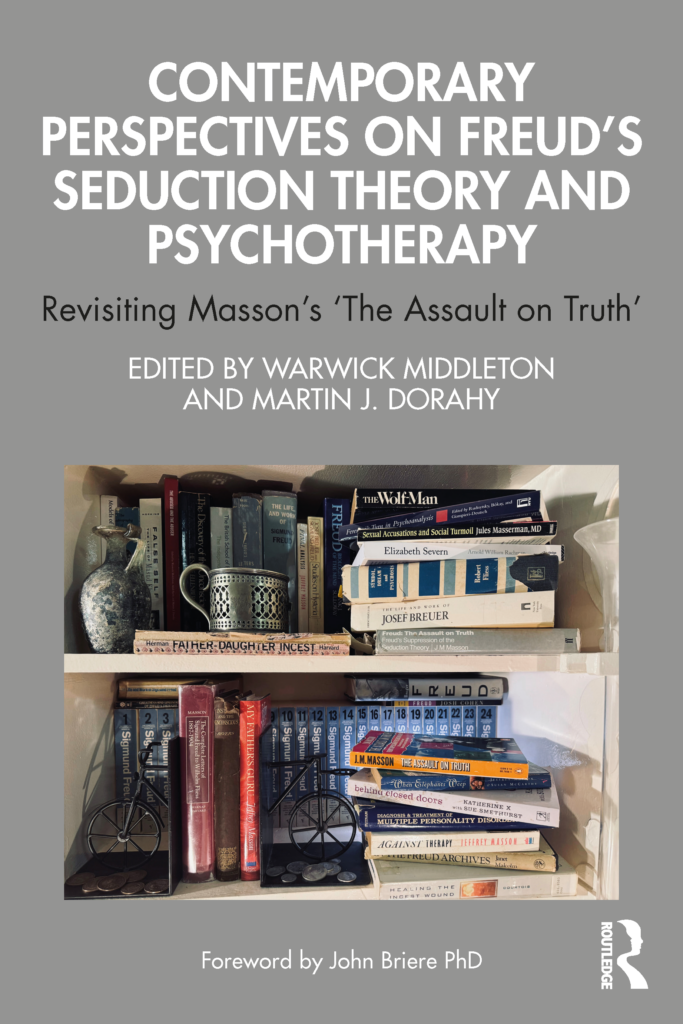
$0.00
This online discussion hosted and moderated by Naomi Halpern of Delphi Training and Consulting, brings together Jeffrey Masson, ex-analyst and international best-selling author, Kate McMaugh, Sydney-based psychologist and researcher, and Professors Warwick Middleton and Martin J. Dorahy, past presidents of the International Society for the Study of Trauma and Dissociation (ISSTD), and editors of the just-published book, Contemporary Perspectives on Freud’s Seduction Theory and Psychotherapy: Revisiting Masson’s ‘The Assault on Truth’ (Routledge).
This edited collection of essays brings together the perspectives of a broad spectrum of experts who reflect on Freud’s “Seduction Theory”, psychoanalysis, and the reality of child abuse through the work of Jeffrey Masson.
One hundred and thirty years ago Freud was grappling with the horrifying realities of child sexual abuse. After initially acknowledging his patients’ reports, Freud then deviated towards denial and dismissal, attributing his patients’ disclosures as largely fantasy, a theory that became pivotal to the development of modern psychoanalysis. In the ensuing years Freud’s theory and actions influenced modern thinking about children and women who report sexual abuse, including the response of clinicians, the police, and social movements such as the organisation the False Memory Syndrome Foundation, forming a cultural foundation that still affects victims today.
Jeffrey Masson’s The Assault on Truth: Freud’s Suppression of the Seduction Theory (1984) is arguably the most controversial book on psychoanalysis published in the last century and it included hitherto unpublished documentary evidence that made it seem that Freud had been less than honest when he replaced his theory on the causation of “hysteria” (which in today’s diagnostic systems is in the spectrum of Complex PTSD/Dissociative disorders/somatization disorder), his so-called “seduction theory”, with one that gave high prominence to “fantasy”.
Masson’s 1984 book provoked a furore from mainstream psychoanalysis yet was well-received by the emerging international trauma field and became widely read and referenced (cited in the literature over 2,700 times). In a commentary included in this volume, Judith Herman observes, “Forty years ago, from deep within the inner sanctum of the Freudian cult, Jeffrey Masson blew the whistle and suffered the whistleblower’s fate. He was reviled and banished, not because he was wrong, but because he was right.”, the fate of many whistleblowers.
Four decades on, a group of international scholars and professionals revisit Masson’s original work and reflect on the lessons that can be taken from the saga. Was the reaction of Masson’s peers tied to the fact that he had accused Freud of being less than heroic, or was it that he confronted psychoanalysis with a very uncomfortable truth? This book examines how The Assault on Truth came to be written, why it sparked such an extreme reaction, and the issues Masson was grappling with as he found himself confronted with the many challenges that inevitably attach themselves to the “whistleblower”.
Complete with an extended Foreword by John Briere, a luminary of the modern trauma field, this book will be essential reading for practitioners, students, and researchers involved in contemporary psychoanalysis, psychotherapy, psychology and especially trauma care, women’s mental health, child safety and the study of memory.
Join us for an authoritative preview of this long-overdue vindication of Jeffrey Masson’s thesis. We will explore questions such as:
“Why has it taken so long?”
“What is it about the subject of child sexual abuse that engenders such extreme denial about its victims?”
“Why and how, can incest and other dimensions of child sexual abuse stay hidden in plain sight?”
“What are the proven extents of incestuous behaviours and how does this inform us about the resistances society has in validating extreme trauma?”
“What is the connection between “Oedipal Fantasy” and “False Memory Syndrome?”
“In what ways do tropes about children and women’s credibility still prevail in society?”
“What is the key to the “unspeakable” becoming speakable?”
Join us for a thought-provoking discussion as this grouping of writers and researchers dive deeply into one of the defining parameters of the human condition. Registration for this historic online event is free.
Don’t miss it!
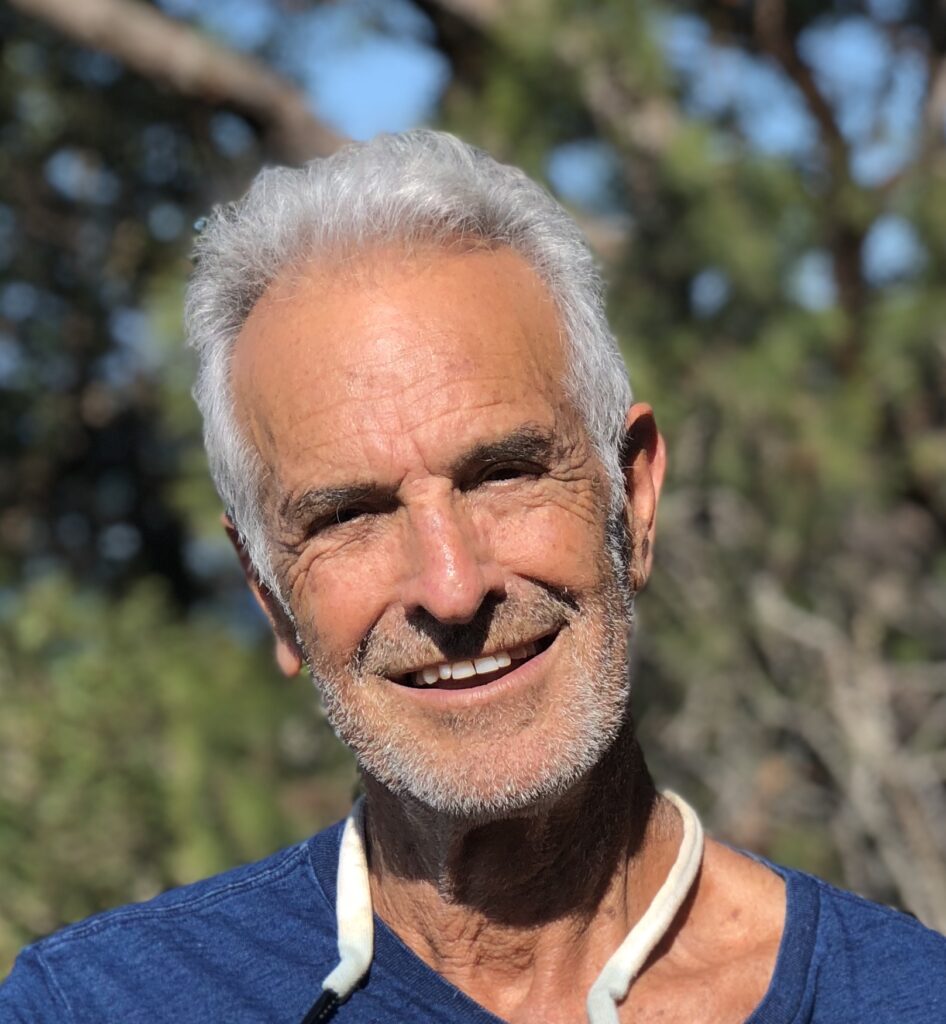
Jeffrey Moussaieff Masson is 83. He trained as a psychoanalyst in Toronto from 1971-1979, while he was professor of Sanskrit at the University of Toronto. When he finished his training Kurt Eiisller asked him to be the projects director of the Sigmund Freud Archives. He gave up his professorship and planned to move to London, to live in the Freud house and turn it into a research center. After several meetings in London, Anna Freud gave Masson the unpublished Freud/Fliess letters, with permission to publish them. He was also made director of the Freud Copyright. All this fell apart when Masson turned up material about the sexual abuse of children in Freud’s letters that cast doubt on the traditional history of how Freud changed his mind about such abuse (first believing it to be real, and then deciding on somewhat obscure grounds that it was merely fantasy).
When two articles about Masson’s research appeared in the New York Times, the analytic world was deeply upset: Eissler fired Masson from the Archives; the Toronto Institute took away his licence to practice analysis; he was fired from the Freud Copyright, but, Anna Freud stuck with her promise that he could publish all the material he had found in her home, including the complete letters of Freud to Fliess (published in 1985 by Harvard University Press). When his book, The Assault on Truth: Freud’s Suppression of the Seduction Theory came out in 1984, he was deemed persona non grata in analytic circles.
Jeffrey turned to writing about the emotional lives of animals and had two New York Times bestsellers When Elephants Weep and Dogs Never Lie about Love. He continued to write about animals and other topics (31 books in total). He now lives in Sydney with Leila Masson, an integrative paediatrician. Their son Manu works for Atlassian and their son Ilan is a permanent official of the EU in Brussels. He has a daughter from a previous marriage, Simone, who is a nurse practitioner in Northampton, USA where she runs a memory clinic. Masson is a citizen of the USA, New Zealand, and is awaiting his Australian citizenship.
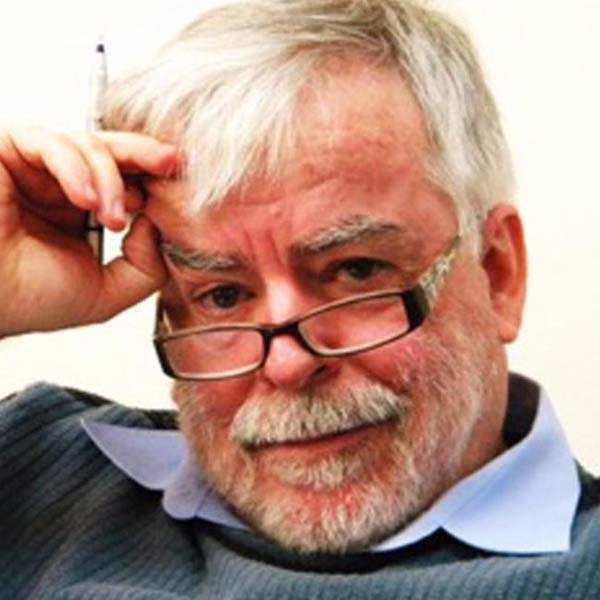
Dr Warwick Middleton MB BS, FRANZCP, MD, has considerable ongoing involvement with research, writing, teaching (including workshops and seminar presentations), supervision, conference convening and the chairing of Medical Assessment Tribunals. With Dr Jeremy Butler, he was author of the first published series in the Australian scientific literature detailing the abuse histories and clinical phenomenology of patients fulfilling diagnostic criteria for Dissociative Identity Disorder. He was the first researcher to publish systematic research into ongoing incestuous abuse during adulthood.
Warwick holds appointments as Professor in Psychiatry, University of Queensland, Adjunct Professor, School of Public Health, La Trobe University, School of Behavioural, Cognitive & Social Sciences, University of New England, Department of Psychology, University of Canterbury. He is Chair of The Cannan Institute.
He is a Fellow (2008) and Past President (2016) of the International Society for the Study of Trauma and Dissociation (ISSTD) and was in 2018, a recipient of that Society’s Lifetime Achievement Award. Other ISSTD awards include the Morton Prince Award for Scientific Achievement (2013), the Pierre Janet Award for Writing (2014), the President’s Award (2015), and the Distinguished Achievement Award (2017). In 2015 Dr Middleton was awarded the Royal Australian and New Zealand College of Psychiatrists (RANZCP) Joan Lawrence Queensland Meritorious Service Award.
In 1996 he was a principal architect in establishing Australia’s first dedicated unit treating dissociative disorders (the Trauma and Dissociation Unit, Belmont Hospital). He has authored many papers and book chapters and has been the co-editor of two books based on journal special issues.
Warwick is Co-Editor with Prof Martin Dorahy of Contemporary Perspectives on Freud’s Seduction Theory and Psychotherapy: Revisiting Masson’s ‘The Assault on Truth’, (2024), Routledge
Warwick is in full-time private psychiatric practice and lives in Brisbane, Australia.
Warwick presented for Delphi in 2003, 2006 and 2007.
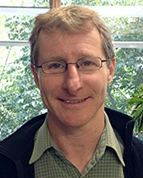
Martin Dorahy, PhD
Martin Dorahy, PhD, DClinPsych, is a clinical psychologist and professor in the Department of Psychology, University of Canterbury, Christchurch, New Zealand. He has a clinical, research and theoretical interest in complex trauma, dissociative disorders and self-conscious emotions (e.g., shame). He has published peer-reviewed journal articles and book chapters, and co-edited five books in the area of psychotraumatology, including most recently, Dissociation and the Dissociative Disorder, 2nd Ed (with Steve Gold and John O’Neil). He is Co-Editor with Dr Warwick Middleton of Contemporary Perspectives on Freud’s Seduction Theory and Psychotherapy: Revisiting Masson’s ‘The Assault on Truth’, (2024), Routledge
Martin is a member of the New Zealand College of Clinical Psychologists, New Zealand Psychological Society, and the New Zealand Association of Psychotherapists. He is a Fellow and Past President of the International Society for the Study of Trauma and Dissociation (ISSTD). He maintains a clinical practice, focused primarily on the adult sequelae of childhood relational trauma. He enjoys snow skiing and mountain biking and would like to be much better at both!
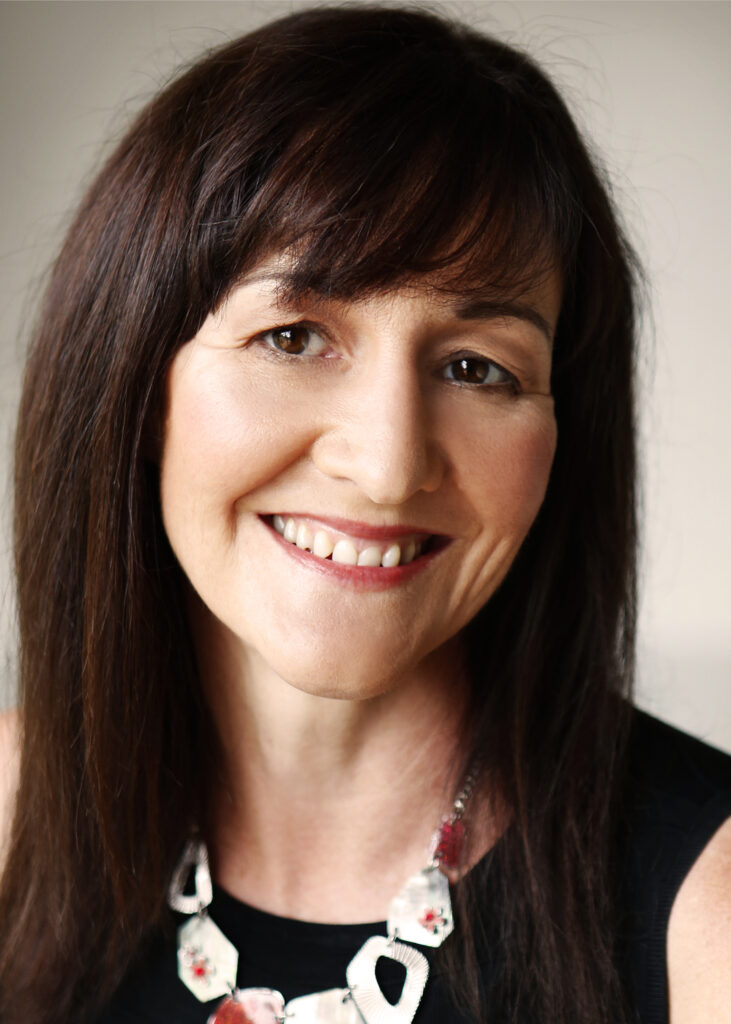
Kate is a registered psychologist with a clinical focus on complex trauma, dissociative disorders, vicarious trauma and birth trauma. She provides assessment, diagnosis and treatment to clients with complex trauma and dissociative disorders, as well as training, supervision and case consultation to other health professionals.
Kate writes and presents on treatment and associated issues relating to trauma and dissociation. She has published articles on the history of the false memory movement, trauma and disability, DID, and childbirth trauma. Most recently Kate has completed research into therapists’ experiences of working with clients who have experienced incestuous abuse which has continued into adulthood and has published papers on this clinical presentation, as well as therapists’ experiences of treating these clients.
Kate is a Fellow of ISSTD was the Editor of ISSTD News from 2017 until January 2024. In addition to her clinical work, she has a consultancy business offering research, evaluation, report writing and editing services to a diverse range of individuals and organisations.

Get all latest news, event updates and access to resources & information.
Fill in the form below to generate your student account, if you already have an account please contact Delpi Training & Consulting directly